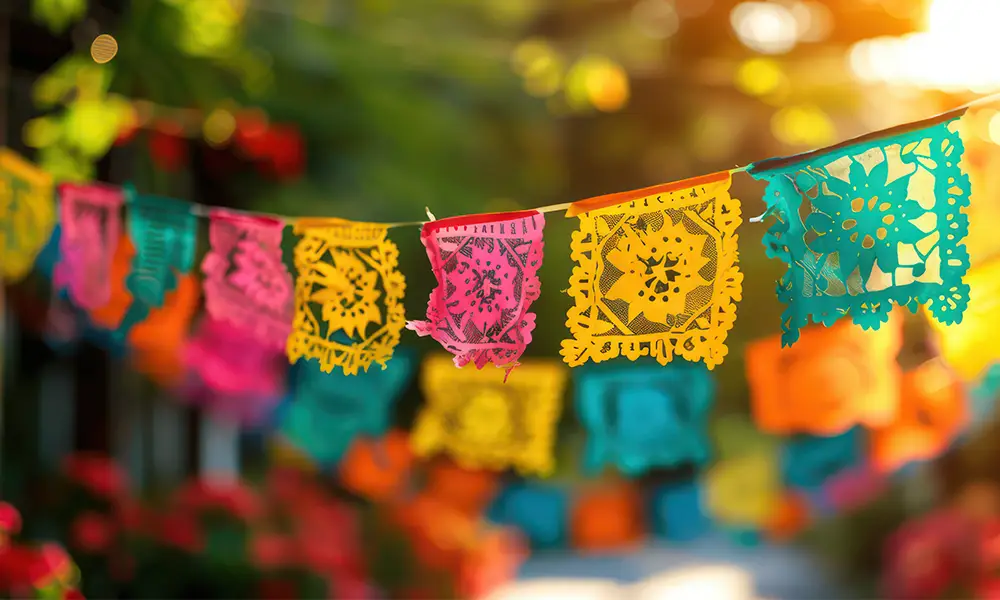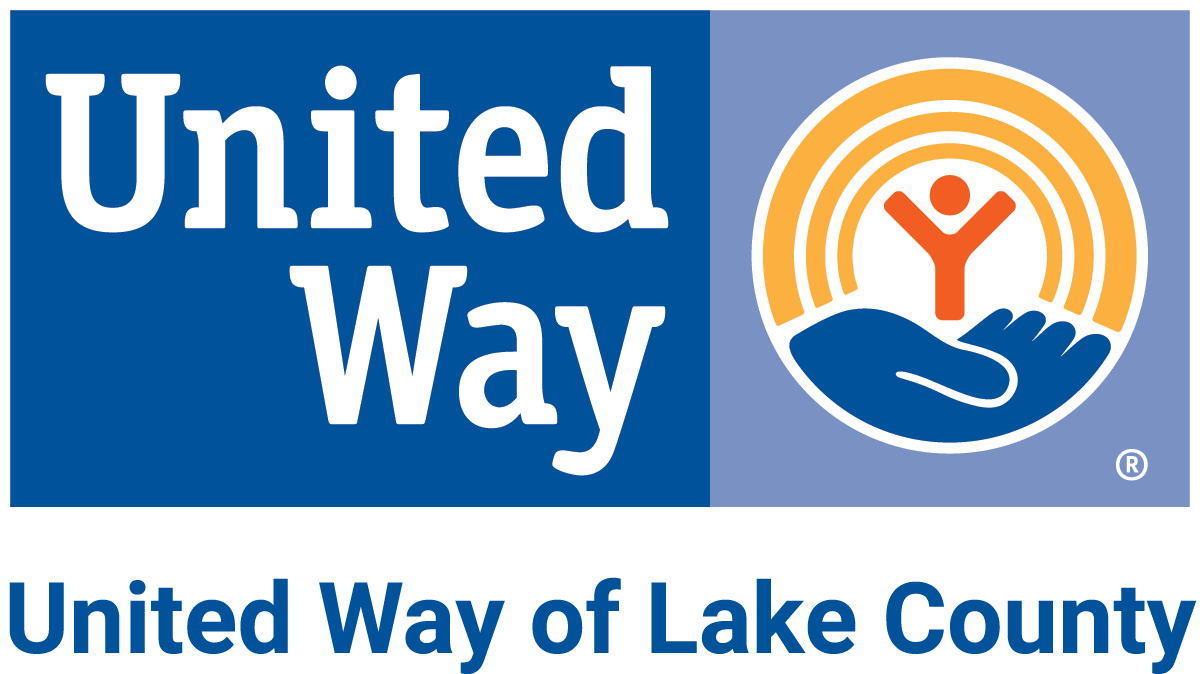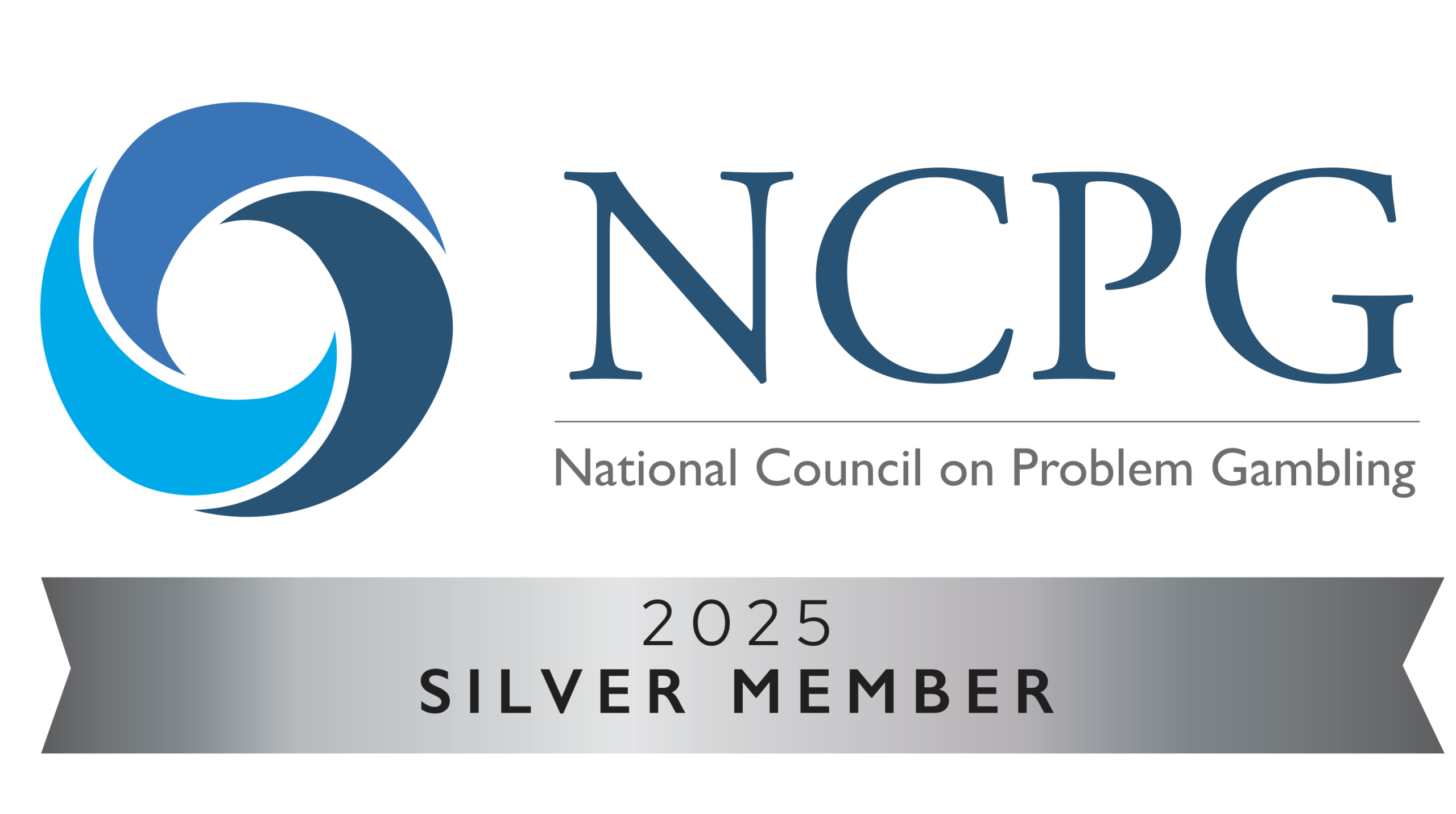Why is National Latinx Heritage Month September 15th through October 15th?

Most American’s incorrectly assume “Mexican Independence Day” is May 5th every year. While Cinco de Mayo is a historically significant event for Mexico—Mexico defeating the Second French Empire at the Battle of Puebla in 1862—it is not as widely recognized as it is in the United States with an over commercialized celebration.
Many countries in Central and South America actually begin celebrating their independence days starting on September 15th. Costa Rica, El Salvador, Guatemala, Honduras and Nicaragua all begin their celebrations on September 15th, Mexico follows on September 16th, Chile on September 18th, and Belize on September 21st. These celebrations and observances continue through October, including Día de la Raza on October 12th—the day Christopher Columbus landed in the Bahamas. During this month, Latinx Americans remember the history of their people, and breaking away from 300 years of brutal Spanish colonization of their homelands.
In Mexico, on the eve of September 16th the President rings the same bell Father Miguel Hidalgo y Costilla rung during the Grito de Dolores (Cry of Dolores) starting the Mexican War for Independence. Father Miguel Hidalgo y Costilla was a Roman Catholic priest who gathered mestizos and indigenous peoples to defend their homelands from The Spanish colonizers. Ultimately Father Miguel Hidalgo y Costilla was executed by the Spanish in 1811, but his revolutionary acts in his lifetime earned him the nickname The Father of Independence in Mexico.
Día de la Raza has been recognized since the 1920s in Central and South America to honor the indigenous peoples that lived there before the Spanish and Portuguese colonies. While it does directly translate to Day of Race, it is a celebration of cultural and ethnic groups in their countries to preserve their traditions, while sharing them with others. This is only a recent trend in North America, starting in 1992 to recognize the second Monday in October as Indigenous Peoples Day rather than Christopher Columbus Day.
Nicasa Behavioral Health Services is committed to eliminating health inequities and racial injustices in our behavioral health care and social services by creating safe service spaces, encouraging and promoting our bilingual services, and having a diverse staff available to meet the changing needs of our community. An important part of this work are the relationships and teamwork we have with all of our clients, staff, interns, donors, supporters, volunteers, Board of Directors, community partners, and more. We appreciate everyone’s efforts as we must come together as one to provide healthcare and services that are fair, equitable, accessible, and of a high quality for all people throughout Lake County.
Have a Happy and Safe Latinx Heritage Month!
Share This Story, Choose Your Platform!
Browse Topics
- Community Services / Coalitions
- Company News
- Diversity, Equity, Inclusion, & Justice (DEIJ)
- Driving Under the Influence (DUI)
- Early Intervention
- Education
- Gambling
- Harm Reduction/Deflection
- Life Experiences
- Mental Health
- Messages of Solidarity
- Prevention
- Recovery
- Sober Celebrations & Activities
- Social Services
- Substance Use
- Teen/Youth
- Treatment
- Uncategorized









